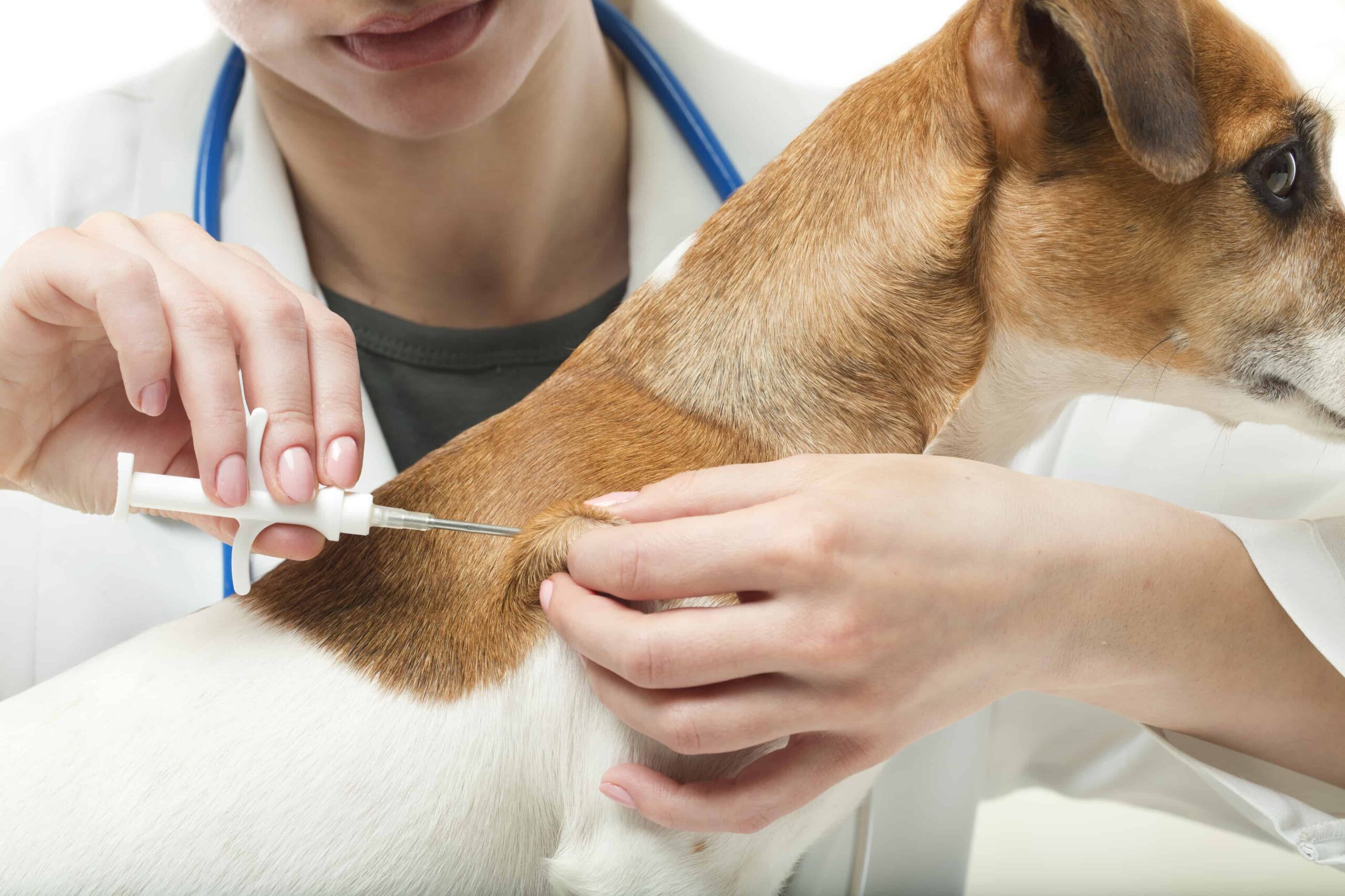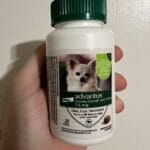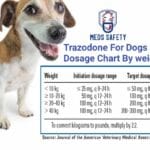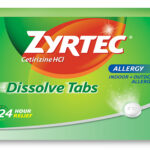Protecting our furry friends from kennel cough often involves the Bordetella vaccine. While generally safe, it’s important to understand the potential side effects. This guide provides a comprehensive overview, empowering you to make informed decisions about your dog’s health. If you’re looking for a safe and effective way to combat roaches, discover the power of boric roach powder. Considering egg donation but unsure of the requirements? Learn about common egg donation disqualifiers and see if you qualify.
Common Reactions: What to Expect
Just like us, dogs can experience mild reactions after vaccination. These are typically temporary and indicate a healthy immune response.
- Lethargy: Your dog might seem a bit more tired than usual. This often resolves within a day or two.
- Low-Grade Fever: A slightly elevated temperature is common. If your dog feels warmer than usual but is otherwise acting normally, it’s likely nothing to worry about.
- Injection Site Soreness: Some tenderness or a small bump at the injection site is normal. Try to discourage licking or scratching.
- Decreased Appetite: A temporary loss of appetite can occur. If this persists for more than 24 hours, consult your veterinarian.
- Sneezing, Coughing, Runny Nose: These are more frequent with the intranasal vaccine (given through the nose) and usually clear up within 3-10 days. They mimic a very mild form of kennel cough, allowing your dog’s immune system to build defenses without causing a full-blown illness.
Less Common Reactions: When to Monitor Closely
While rare, some dogs may experience slightly more pronounced reactions. Continued monitoring is essential.
- Mild Cough (Injectable Vaccine): Though less common with the injectable form, a mild cough may still occur.
- Prolonged Lethargy: If your dog’s tiredness persists beyond a couple of days, consult your vet.
- Gastrointestinal Upset: Though not frequently reported, some dogs may experience mild vomiting or diarrhea.
Severe Reactions: Seeking Immediate Veterinary Care
While exceedingly rare, severe allergic reactions (anaphylaxis) can occur. These require immediate veterinary intervention.
- Facial Swelling: Swelling around the muzzle or eyes can be a sign of an allergic reaction.
- Hives: These itchy bumps can appear anywhere on the body.
- Difficulty Breathing: Labored breathing, wheezing, or gasping necessitates urgent care.
- Collapse: This is a serious sign and requires immediate veterinary attention.
Understanding Bordetella Vaccine Types
Both injectable and intranasal vaccines are effective, but they differ in administration, onset of immunity, and potential side effects.
| Feature | Injectable | Intranasal |
|---|---|---|
| Administration | Injection | Nasal Spray |
| Onset of Immunity | Slower (7-14 days) | Faster (3-5 days) |
| Duration of Immunity | Longer (typically 1 year) | Shorter (6-12 months) |
| Common Reactions | Lethargy, soreness | Sneezing, runny nose, cough |
Is the Bordetella Vaccine Right for Your Dog?
The Bordetella vaccine is a “lifestyle” vaccine, recommended based on your dog’s risk factors. Dogs frequently exposed to other dogs (dog parks, kennels, daycare) are at higher risk of contracting kennel cough and benefit most from vaccination. Consult with your veterinarian to determine the best approach for your dog, considering their lifestyle, age, and health status.
Caring for Your Dog Post-Vaccination
After vaccination, provide a comfortable and quiet environment for your dog to rest. Ensure fresh water is readily available. For mild reactions, offer bland food like boiled chicken and rice if their appetite is reduced. Most importantly, monitor your dog closely for any unusual signs and contact your vet if you have any concerns.
Ongoing Research and Evolving Knowledge
Current research continues to explore the effectiveness and duration of immunity provided by different Bordetella vaccines. Some experts believe annual boosters are sufficient, while others suggest more frequent vaccination might be necessary in high-risk environments. Ongoing studies are also investigating potential breed-specific sensitivities to vaccines. By staying informed and discussing any new findings with your vet, you can make informed decisions about your dog’s health.
When to Contact Your Veterinarian
While most side effects resolve quickly, contact your veterinarian if:
- Symptoms persist for more than 24-48 hours.
- Your dog experiences any severe reactions (difficulty breathing, facial swelling, hives).
- Pre-existing conditions worsen after vaccination.
- You have any concerns about your dog’s health post-vaccination.
Remember, this guide is for informational purposes only and does not substitute professional veterinary advice. Always consult your vet for personalized recommendations regarding your dog’s health.
- SYBAU See You Baby Meaning: Gen Z Slang Evolves - July 1, 2025
- Unlock Your Inner Youth: Lifestyle Secrets for a Vibrant Life - July 1, 2025
- Decode SYBAU Meaning: Gen Z Slang Explained - July 1, 2025






